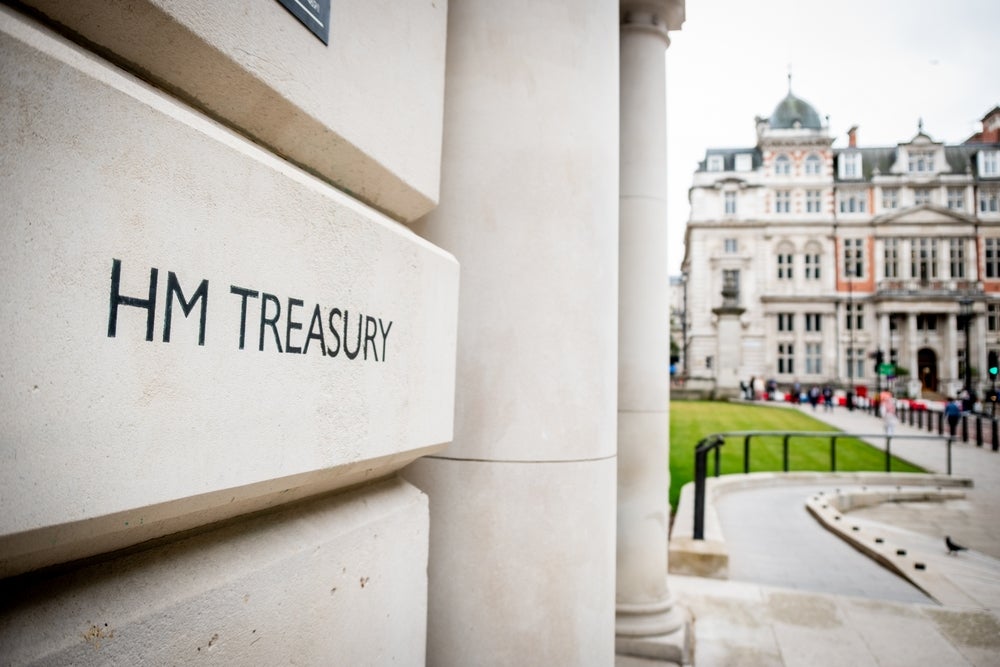
HM Treasury’s response to public questions posed to it regarding its reforming anti-money laundering (AML) and counter-terrorism financing (CTF) supervision consultation adds further uncertainty and reveals inadequate consideration of risk, warns the Association of Accounting Technicians.
The accountancy body, whose members play a central role in guarding against money laundering for many of the UKs small and medium sized businesses, posed a number of questions to The Treasury in an effort to seek clarity on their intentions and their plans to properly assess the risks associated with proposed anti-money laundering supervision reforms.
When asked whether the Treasury will assess the level of potential risk posed by each proposed model of reform and publish those assessments, the answer received from the Department was: “The evidence received from respondents to our consultation on reforming the UK’s Anti-Money Laundering and Counter-Terrorism Financing supervisory regime has been invaluable in allowing us to understand the full range of possible risks associated with each of the models that were outlined.
“When we announce which policy we will be pursuing, this will be accompanied with analysis of the policy options against our criteria. This will include analysis of how much the models could improve supervisory effectiveness and how feasible they are.
“We will continue work to ensure that whichever model we proceed with helps us achieve our goal of reducing economic crime in the UK.”
In response, AAT director of professional standards and policy, Adam Harper, said: “It seems the Government hasn’t as yet carried out any of its own risk assessment and is relying on the responses it has received from the consultation document to enable it to make a decision.
How well do you really know your competitors?
Access the most comprehensive Company Profiles on the market, powered by GlobalData. Save hours of research. Gain competitive edge.

Thank you!
Your download email will arrive shortly
Not ready to buy yet? Download a free sample
We are confident about the unique quality of our Company Profiles. However, we want you to make the most beneficial decision for your business, so we offer a free sample that you can download by submitting the below form
By GlobalData“AAT shares the government’s ambition to reform the AML/CTF supervisory regime in a way that better tackles economic crime. We acknowledge that retaining the existing supervisory regime with no change is unlikely to result in an improvement to effectiveness that is needed.
“We are concerned, however, that three of the models proposed in the consultation carry with them significant risks which at best could see money laundering grow in the UK and at worst could result in the collapse of the whole supervisory regime.”
There were three objectives identified as measures to evaluate the four proposals against in the consultation:
- Increased supervisory effectiveness
- Improved system co-ordination
- Feasibility
Harper continued: “We agreed with all of these as being appropriate measures, however strongly urged the inclusion of a fourth, namely risk – that any proposed solution around improvement to the supervisory regime must demonstrate a suitably risk averse approach as it relates to the integrity of the regime and the scope for further proliferation of money laundering activity.
“We went further with regards to options two, three and four and the risk around transition. The transition process, requiring the transfer of data and information from the deselected professional body supervisors in transition to any of models two, three or four represents a sizeable challenge which could in itself result in severe disruption to AML supervision and subsequently an increase in non-compliance.”
AAT also asked HM Treasury what its planned timescale is for publishing the outcome of its reforming anti-money laundering and counter-terrorism financing supervision consultation.
The answer received was: “Following the Treasury’s consultation on reforming the UK’s Anti-Money Laundering and Counter-Terrorism Financing supervisory regime which closed September 2023, the Government aims to respond in the coming months. We would like to thank everyone who took the time to respond to the consultation. The evidence we received reinforced the importance of anti-money laundering and counter-terrorism financing supervision in reducing economic crime.”
In response, Harper commented: “Not being drawn into confirming whether the original timeframe for issuing the summary of responses or identifying whether an option is to be pursued, is a concern as it adds further uncertainty on this critical issue.”
The National Crime Agency estimates that the amount of money laundered in the UK could be between £36 billion and £90 billion.
Currently, accountants follow strict laws on money laundering. Their compliance with these regulations is checked and overseen by specialist professional body supervisors, ensuring businesses are protected from economic crime.
Responding to the Treasury’s consultation on AML reform, AAT warns that to expect a consolidated supervisor to be able to develop that level of insight into such a vast supervised population is unrealistic, logistically difficult, vastly expensive, and take years, particularly when taking into account that some of the existing, specialist bodies have been developing education and professional standards for hundreds of years.
AAT has also flagged to the Treasury that having one overall supervision body would mean there is no safety net should something go wrong.
AAT backs the Treasury’s proposal to strengthen the current regime, which sees individual, specialist bodies supervise different parts of the professions with an overarching body, OPBAS, ensuring consistency across the board, ready to step in when needed.
The Treasury’s OPBAS+ proposal adds weight to the existing regime, without losing the niche knowledge gained by the individual bodies currently supervising accountants and lawyers, who are the coalface of the fight against money laundering.






